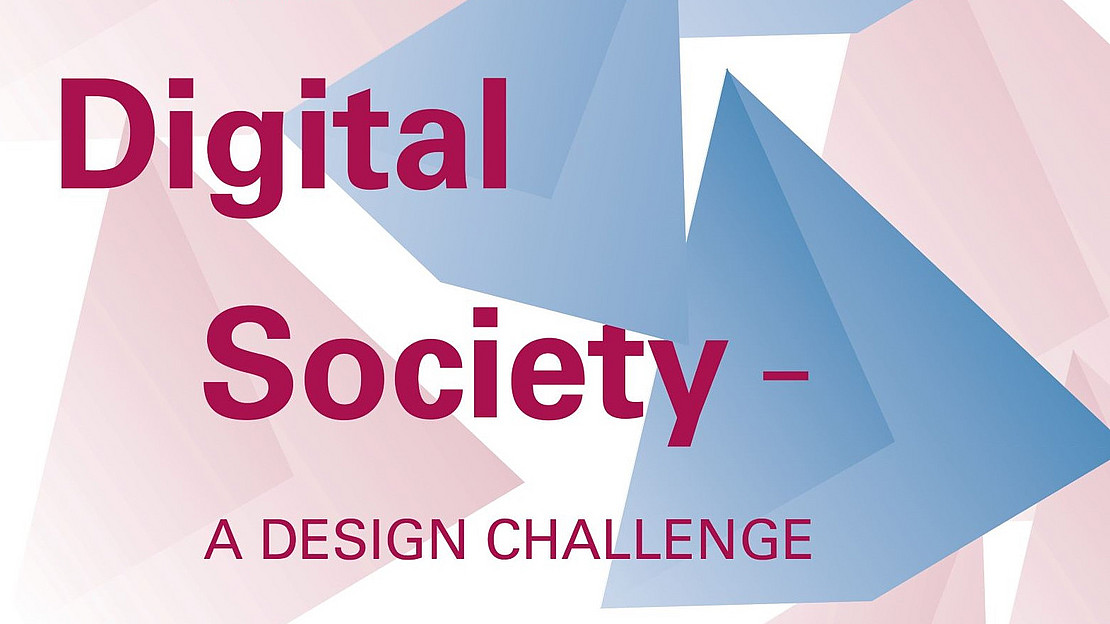This page contains automatically translated content.
Digital Self-Determination: Kick-off of the ITeG Lecture Series
 Image: University of Kassel.
Image: University of Kassel.Questions discussed are: What does digital self-determination mean anyway? What are the limits of self-determination in the digital space? How can we take (digital) self-determination into account when designing technical systems and avoid discrimination?
Next Wednesday, Dr. Marcel Mertz, who worked at the Cologne Center for Ethics, Rights, Economics, and Social Sciences of Health (ceres) at the University of Cologne on a study funded by Deutsche Telekom AG on the topic of "Digital Self-Determination", will kick things off. The appointment will take place online.
Nowadays, digital systems enable freedoms that would hardly have been possible in the past. From the comfort of our sofa, we can order goods at any time of day, read the newspaper, quickly look up something in Wikipedia, be entertained in a variety of ways and share our lives with thousands of people on social media. We can communicate with each other via WhatsApp, Telegram and the like, track every step we take or have our bodily functions measured around the clock - if we want to.
But is it really that simple? To what extent can we still escape these "freedoms" - whether because we are becoming more and more dependent on such systems and services, or because something has now become possible and desirable that would not even have been conceivable in the past (such as constantly measuring ourselves in order to live healthier)? Since, moreover, the concrete design of these "freedoms" is rarely (co-)determined by oneself, the question of what self-determination might mean in this context suggests itself. The paper therefore proposes a concept of "digital self-determination" that is tied back to general philosophical considerations of self-determination and identifies seven components of digital self-determination (competence, informedness, values, choice, voluntariness, volition, and action). In addition to the concept's limitations, the paper will also address exemplary possibilities for empirical operationalization.
Wednesday, November 16, 2022, 17:00 - 18:30 / online
Dr. phil. Marcel Mertz, M.A.,
Institute for Ethics, History and Philosophy of Medicine, MHH
"More freedoms, but also more heteronomy? Reflections on a concept of 'digital self-determination' "
Via Zoom(www.uni-kassel.de/go/iteg-lectures)